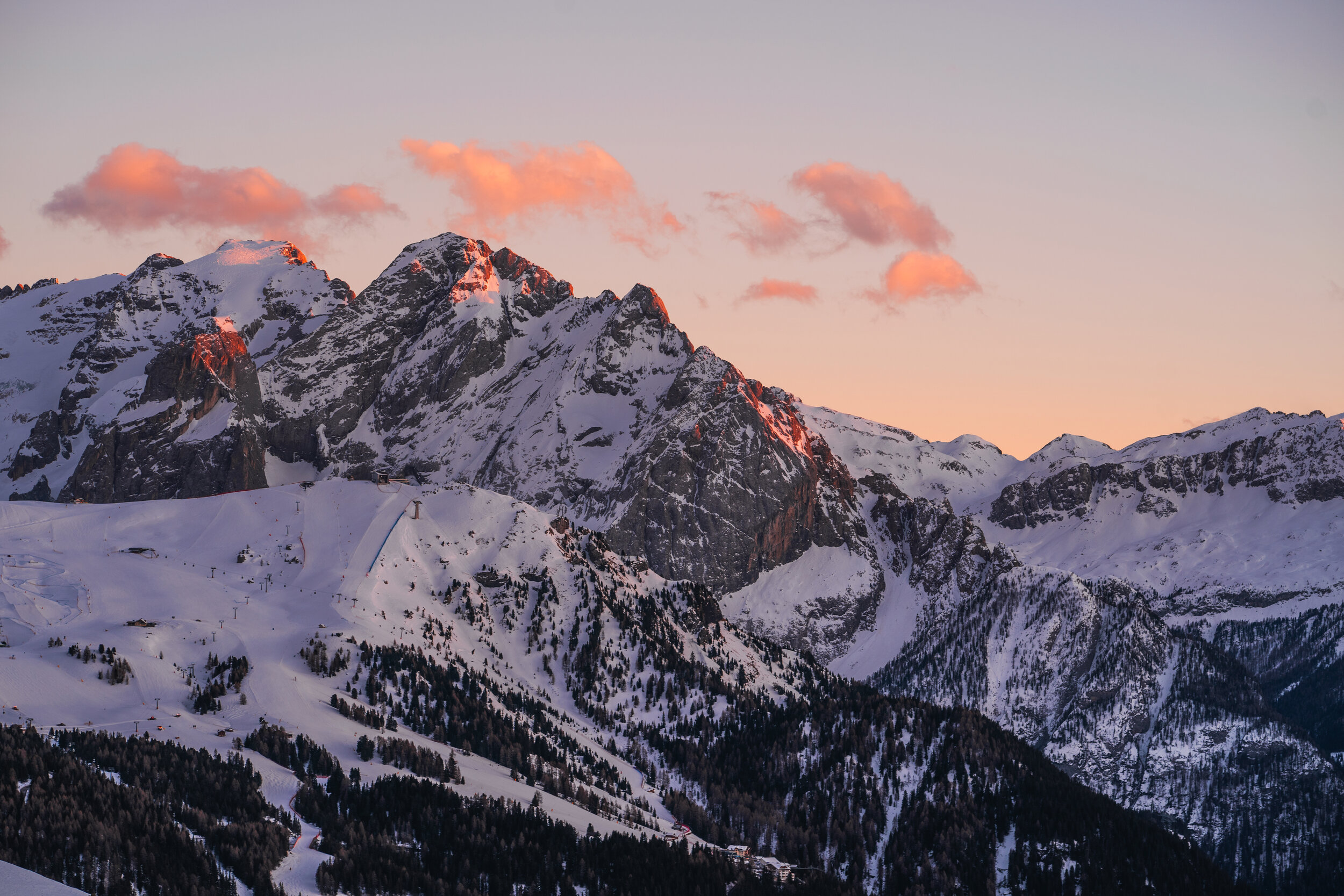Backcountry Trauma
Specialists
NOW OFFERING FREE PTSD SCREENING!
When a backcountry accident happens, the physical trauma is immediately addressed.
But the psychological trauma is often missed…
And it becomes the longest lasting impact To individuals + families.
We specialize in treating those impacted by
backcountry accidents + rescues.
Including:
- Those being rescued
- Mountain Rescue Teams + Individuals
- Families + loved ones of those involved or lost in wilderness accidents
All therapists part of this unique backcountry trauma support team, have a passion for the outdoors and the backcountry. We’re ski touring up peaks, exploring with packs on our backs, and rafting through rivers in summer.
So, we get it. On a levels others don’t.
And we think that’s important when treating this specific trauma. Because it’s unlike what textbooks told us in school and it requires a deep understanding of what happens out there in the wilderness.
What is backcountry trauma?
When an incident occurs that invokes deep fear and immediate loss of trust in self and/or others, our nervous system goes into a type of survival mode that causes us to store away impact differently. This is actually a survival strategy. The problems arise when we can’t come out of this survival mode and become stuck. This is an experience of trauma.
We believe there is a difference between experiencing trauma and having it become traumatic. Trauma becomes traumatic when it isn’t thoroughly processed and therefore, becomes lodged in the body. The understanding of the emotional impact wasn’t possible or achieved, which then creates the roots for PTSD to grow.
By addressing the emotional, psychological and neurological impact of a traumatic event gives the opportunity for healing to occur. Fear is mitigated and trust is reestablished.
And yes, the love for the backcountry can and often does fully return.
What is secondary trauma?
Secondary trauma can be incurred when an individual is exposed those who have been traumatized themselves, when hearing disturbing descriptions of traumatic events by a survivor or when you’ve lost someone you love to a backcountry accident. In fact, an accident resulting in death can often be a primary experience of trauma. Symptoms of secondary trauma mirror those of primary trauma and PTSD.
If you are a friend or family member of someone impacted by a backcountry rescue or a partner to a mountain rescuer, it is likely you are impacted by the experiences they bring home. This is normal. But you also deserve and need support. This is why our approach often includes working specifically with couples and families. Because it is in relationship, that we heal most deeply.


